What Is HMRC Mileage Claim Tax Relief Policy? A Guide
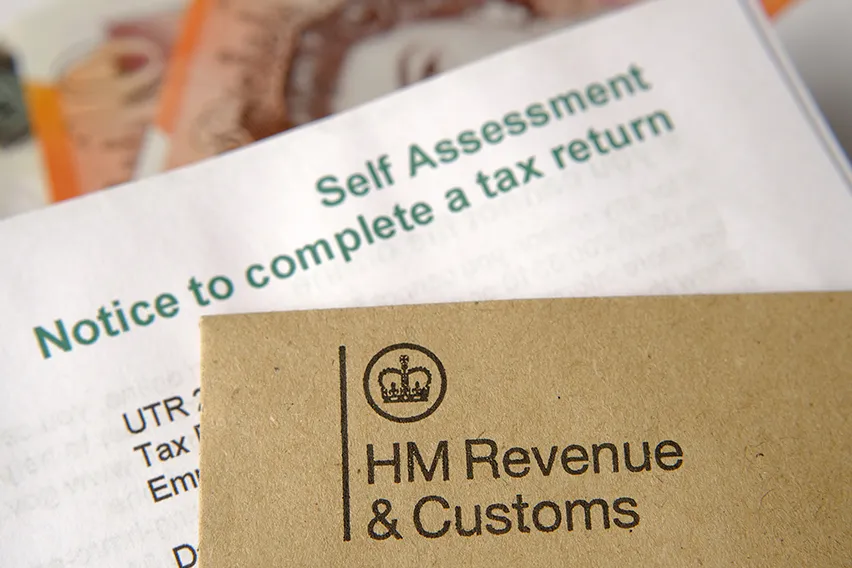
Not all office jobs involve being confined at your desk in the office.
Many people across the UK drive for work. Whether that’s travelling to visit clients, attending conferences or any other form of business-related travel.
If you use your car for work-related trips but pay some of the costs yourself then you will be eligible to receive a mileage claim from HMRC.
But what exactly is the HMRC mileage claim tax relief policy? Let’s take a closer look.
Here’s What We’ll Cover:
What Journeys Are Classified as Business?
How Much Mileage Can I Deduct?
What Are the Rules HMRC Has Set on Mileage Tax Relief?
Can I Still Claim if My Employer Pays Part of My Travel Costs?
How Do I Claim Tax Relief from HMRC?
What Is Mileage Allowance?
Whether you are a self-employed business owner or an employee for a company, there will be times when you have to travel somewhere as a part of your job.
When you travel for work-related business you can claim mileage allowance for the trip as long as you’re using your own vehicle.
Mileage allowance is a way for you to claim back a certain amount of your expenses. This can be used to cover costs such as fuel, road tax, MOTs and repairs.

What Journeys Are Classified as Business?
To be eligible to claim HMRC travel expenses as mileage allowance, you have to be travelling for a ‘business purpose’ according to HMRC.
To put it simply, you can claim for any trip that’s outside your everyday journey to and from work. The journey you take to and from work is classed as a regular commute and is not seen as a business trip in the eyes of the Government.
What you can claim for are journeys that fall under a business category and require you to travel to a location that isn’t your place of work or your home.
To give some examples, this may mean you driving to:
- An office location that isn’t your usual base of operations.
- An event, such as a work-related conference or seminar.
- A customer’s workplace for a business meeting.
- A training centre for a required training course.
- A temporary separate office if your usual office is out of action.
How Much Mileage Can I Deduct?
According to HMRC, to find out how much you can deduct as a claim:
- Make a note of the mileage you travel when travelling for work related reasons.
- Multiply your total business mileage by the approved mileage allowance payment, or AMAP.
- Deduct the resulting amount from your tax bill.
The HMRC sets the AMAP rates and they change over time so be sure to first check on the Government website.
What Are the Rules HMRC Has Set on Mileage Tax Relief?
You are allowed to claim mileage tax relief both if you are employed or if you’re self-employed. But you can only claim it if you are:
- On a business-related journey.
- Using your own personal vehicle and not an assigned company vehicle.
Can I Still Claim if My Employer Pays Part of My Travel Costs?
If your employer pays part of your mileage costs then you still may be able to claim mileage tax relief from HMRC. To find out if you’re still eligible to claim:
- Multiply your yearly business mileage by the current AMAP rate.
- Compare the results to the mileage allowance you receive from your employer.
- If the amount you receive from your employer is lower than the AMAP rate then you can claim mileage tax relief on the difference between the two.

How Do I Claim Tax Relief from HMRC?
Mileage tax relief isn’t automatically added to your annual return. You have to file a claim with HMRC and you have up to four years from the end of the tax year to claim it.
To claim, you must:
- Ensure you keep a record of your business-related mileage expenses; you can use a reliable mileage tracker app to do so.
- Multiply your yearly mileage by the current AMAP mileage rate and deduct your employer’s mileage allowance, if any.
- If it is under £2,500, you can file your claim on your self-assessment tax return.
- If your claim is over £2,500 then you must file a self-assessment tax return.
Key Takeaways
Travelling for business reasons can become very expensive in the long term.
Accounting for costs such as car maintenance, breakdown insurance and fuel, the number can get quite high relatively quickly.
That’s why it’s important to claim any relief that you are eligible for to keep that total amount under control.
Are you looking for more business advice on everything from starting a new business to new business practices?
Then check out the FreshBooks Resource Hub.
RELATED ARTICLES

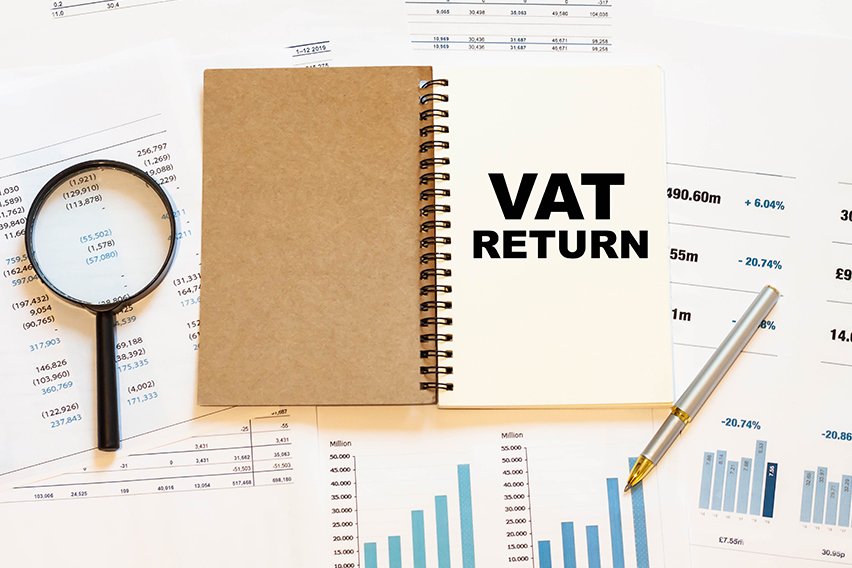 How to Claim VAT Refund: An EU Guide
How to Claim VAT Refund: An EU Guide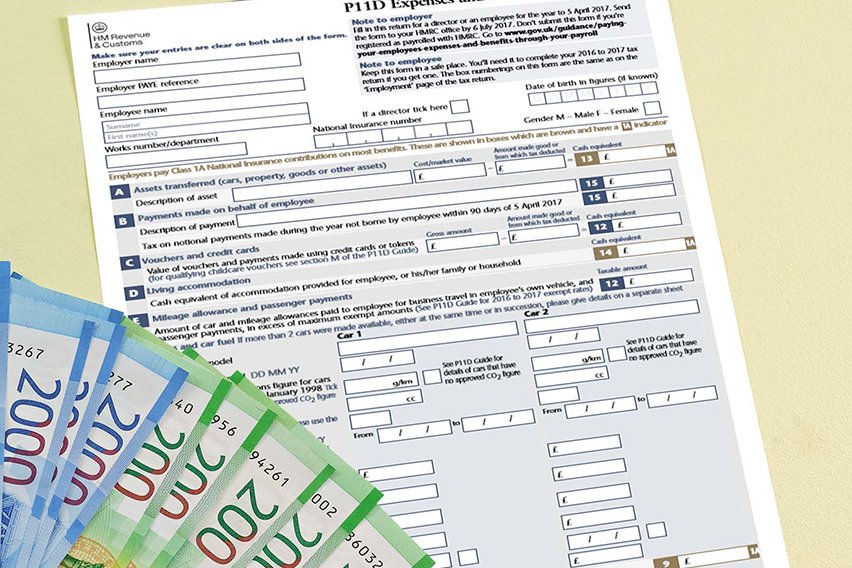 What Is a P11D Form? Expenses & Benefits for Employers
What Is a P11D Form? Expenses & Benefits for Employers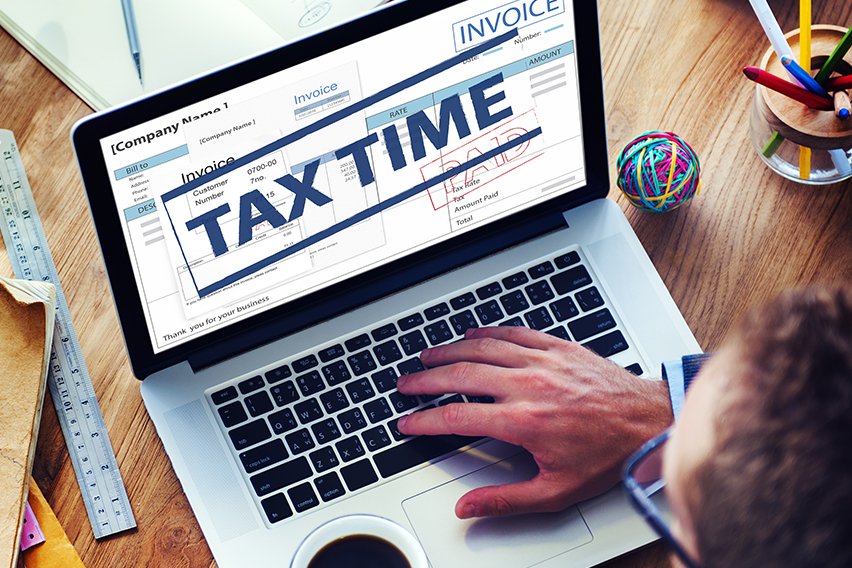 Best Tax Software For 2025
Best Tax Software For 2025 VAT vs Sales Tax: What’s the Difference?
VAT vs Sales Tax: What’s the Difference?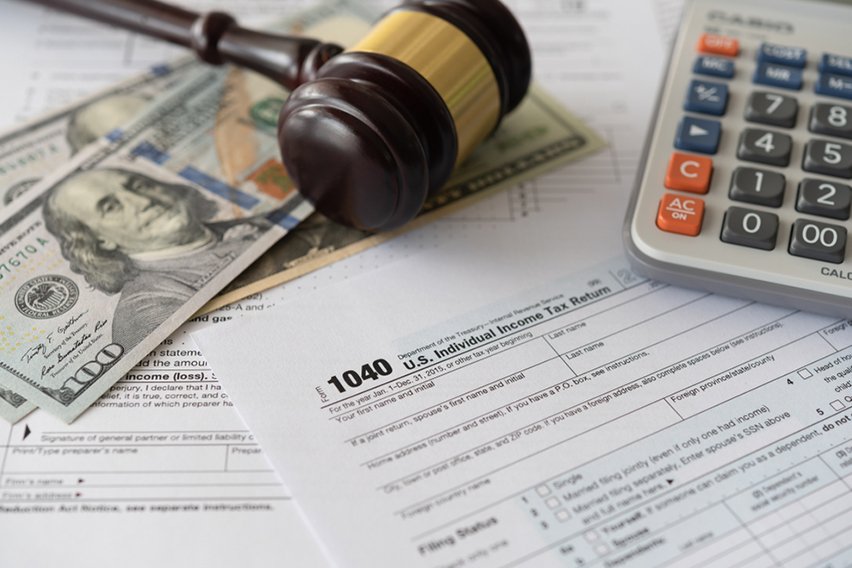 UK Payroll Tax: What It Is & How Does It Work?
UK Payroll Tax: What It Is & How Does It Work?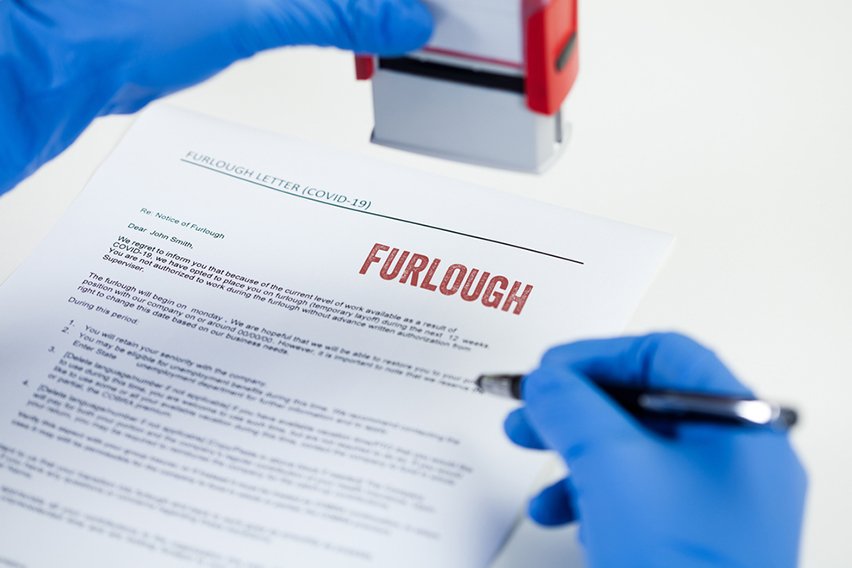 What Is a Furloughed Worker? Coronavirus Furlough Guide
What Is a Furloughed Worker? Coronavirus Furlough Guide